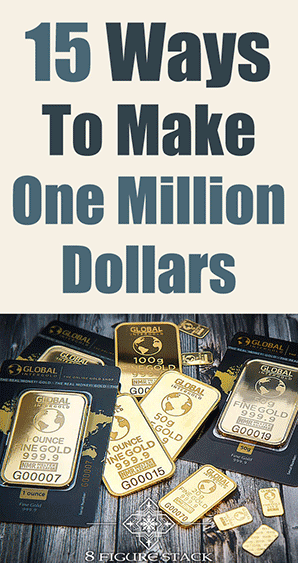Ancient Gold Coins
Share this page:
Gold coins are a common staple in many period films or books, often used as a plot device to give the appearance of richness and opulence to times long past. What isn't always understood is the manner in which gold was quite literally an item of currency in the ancient times, with much of the monies minted prior to this modern era being made of, or containing significant amounts of gold. The phenomenon of gold coinage, if it may be so called, is not relegated to any specific cultural demographic or any single continent. Gold as a means of currency was, since those ancient times, universally acknowledged by any and all cultures who took part in trade, with the exception of certain tribal cultures and empires which attributed mystical or divine status to gold, and hence did not consider it currency.
While the consensus on the first civilization to have reputedly made gold coins is now believed to be in Anatolia during the 6th century BC, archeological evidence suggests that the creation of currency might have been more dynamic, stemming from interrelations between several tribes or kingdoms that needed a standardized symbol of the power of purchase which did not depend on the variances of trade. [1] Some archeologists and historians further present the assertion that the use of gold as a currency was independent of the need for a standard type of currency, and that no single culture can be lauded as the 'first' to have developed it, but that the phenomenon would only arise naturally, owing to the inherent characteristics of the metal which automatically confers to it some degree of value. While gold in itself was used as a type of currency since the early Bronze Age, it was the development of the most rudimentary metallurgical processes that gave rise to the creation of coins, and with it, gold as a standard material in its creation – later becoming a standard in currency itself all throughout the civilized world. [2]
Among many numismatists (currency collectors) nowadays, ancient gold coins are not only prized for their inherent value (as some ancient gold coins contained only very little amounts of gold, or otherwise surviving samples were minted with a depreciated amount of gold than the original), but for their historical value, rarity, and beauty as well. Among the many ancient gold coins that are valued and highly sought after by collectors, Roman gold coins known as the aureus (pl. aurei; lit. 'golden'), Lydian gold coins, Egyptian gold coins, and Chinese gold ingots (sycee / yunbao) are the most prized. The collection of ancient gold coins of a specific country or culture is a hobby in itself, while the general collection of ancient gold coins or fragments of gold coins (since, prior to the standardization of different monetary denominations, gold coins were often split into halves or quarters to pay for items not worth the whole of the currency[3] ) also has its own niche and interested hobbyists and experts. Ancient gold coins are also valued by historians and archeologists, as it often holds glimpses of a past civilization, such as its rulers and the relative wealth (or lack of wealth) of their civilization. Today, ancient gold coins are rare and extremely valuable, with examples of such coins usually being found in museums or private collections. In some countries, the possession of ancient gold coins is often considered illegal[4] , although many countries permit its possession for hobbyist or professional purposes. Many online catalogues and auction sites sell (or profess to sell) authentic ancient gold coins for numismatists who are financially capable of investing in their purchase. [5]
Ancient Gold Coins - References:
[1] http://www.taxfreegold.co.uk/goldcoinsbriefhistory.html
[2] http://www.galmarley.com/framesets/fs_monetary_history_faqs.htm
[3] http://www.whatisall.com/history/what-are-pieces-of-eight.html
[4] http://en.wikipedia.org/wiki/Executive_Order_6102
[5] http://www.forumancientcoins.com

Content researched and created by Alexander Leonhart for coinandbullionpages.com © coinandbullionpages.com
Note - this site provides general information about gold, silver, coins and bullion. None of the contents of this web site should be seen as financial or investment advice.



